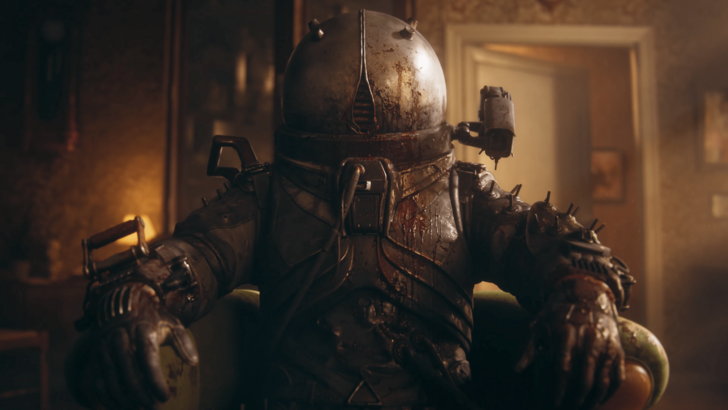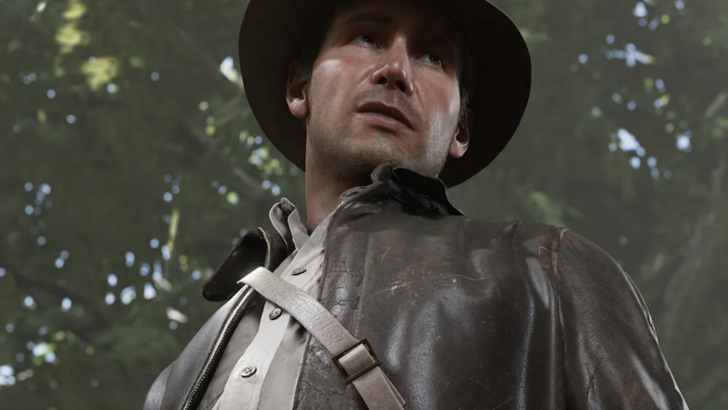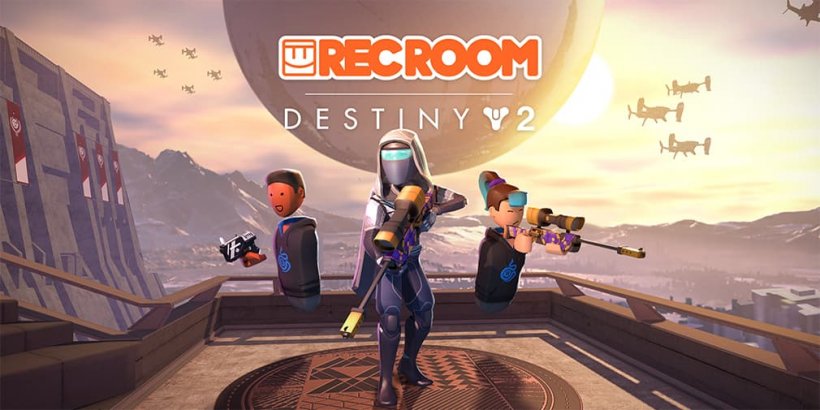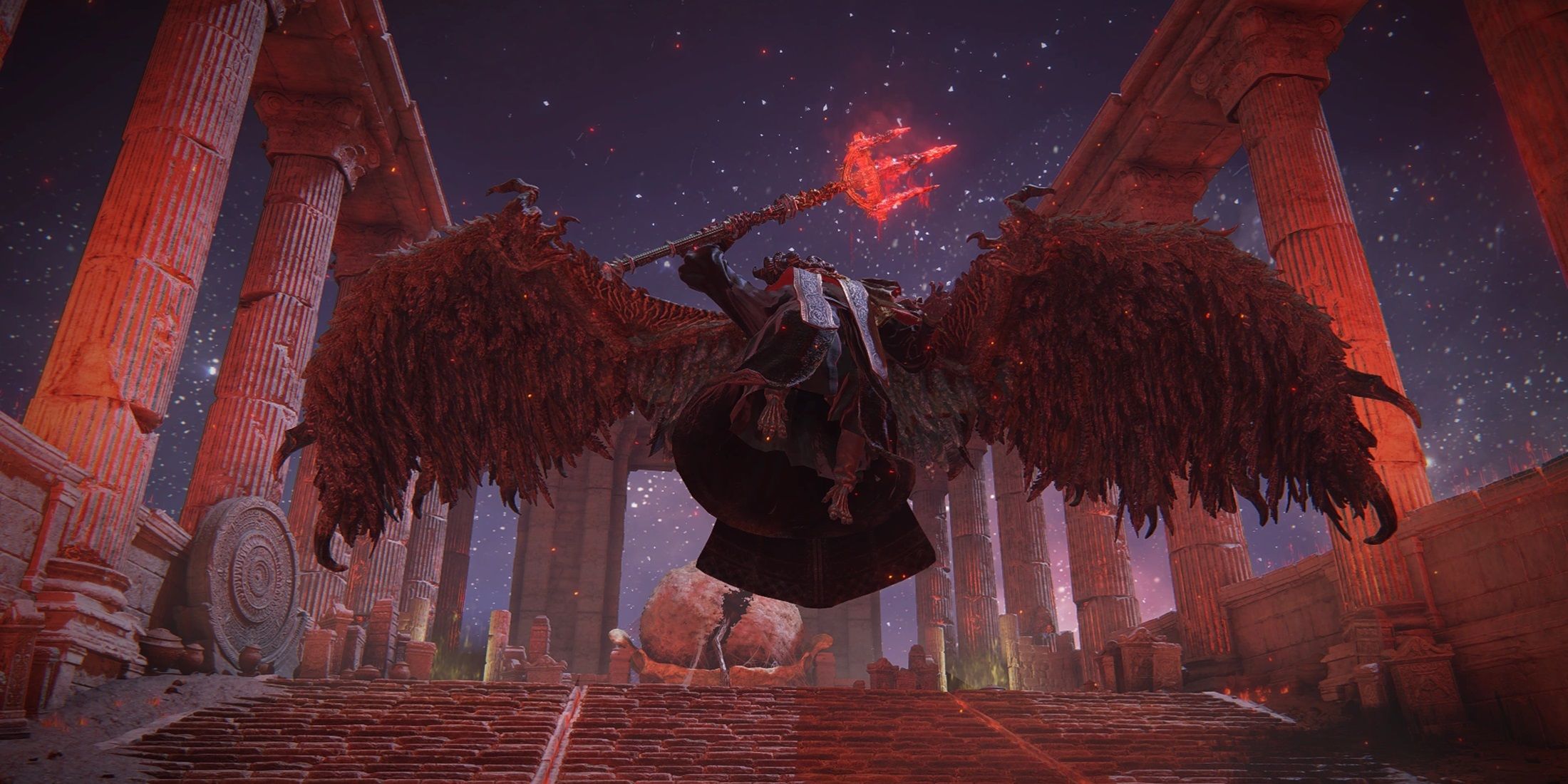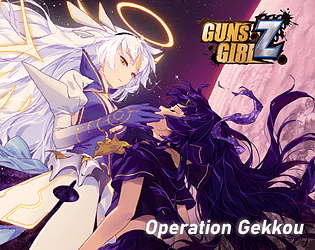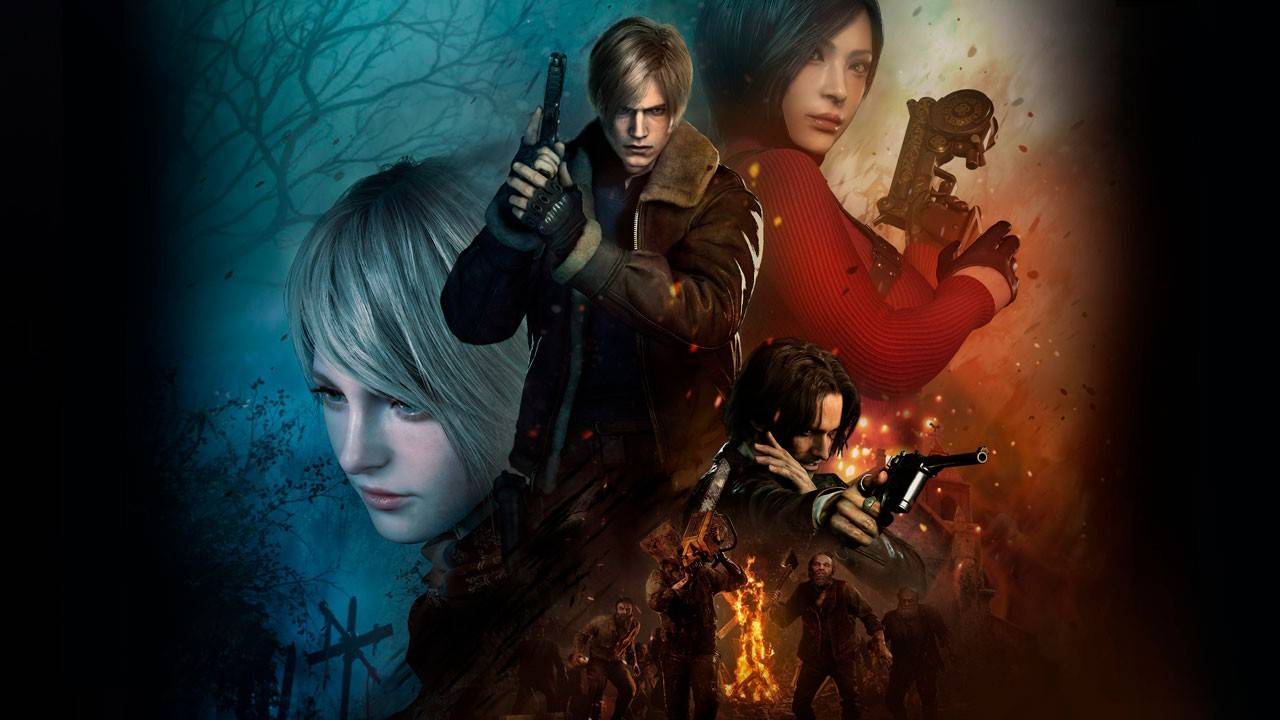
Yasuhiro Anpo, director of the Resident Evil 2 and Resident Evil 4 remakes, revealed that the decision to revisit Resident Evil 2 stemmed from overwhelming fan demand to revitalize the 1998 classic. As Anpo stated, "We realized: people really want this to happen," prompting producer Hirabayashi's simple response: "Alright, we'll do it."
Initially, Resident Evil 4 was considered the starting point. However, discussions led the team to conclude that its already high acclaim and near-perfect status made significant alterations too risky. Instead, they focused on the older title, which required substantial modernization. This process included studying fan projects to better gauge player desires.
Capcom's internal doubts weren't the only ones. Even after two remakes and the announcement of a third, fans voiced concerns, arguing that Resident Evil 4, unlike its predecessors, didn't necessitate an update.
While the 1990s PlayStation originals, Resident Evil 2 and Resident Evil 3, featured outdated fixed camera angles and clunky controls, Resident Evil 4's 2005 release revolutionized the survival horror genre. Despite initial reservations, the remake successfully preserved the original's essence while enhancing gameplay and narrative.
The remake's commercial triumph and critical acclaim validated Capcom's decision, proving that even seemingly untouchable classics can be respectfully reimagined with a creative approach.

 Latest Downloads
Latest Downloads
 Downlaod
Downlaod
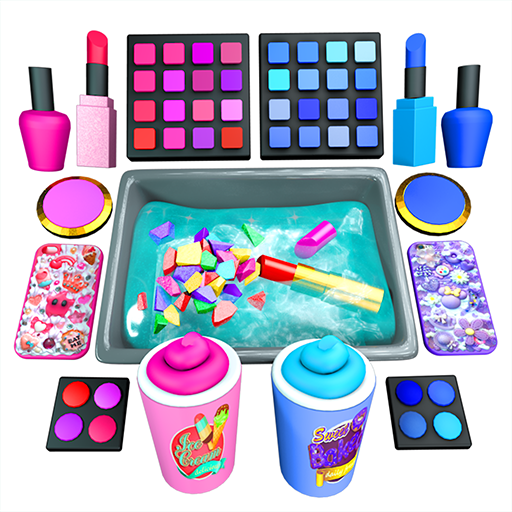



 Top News
Top News